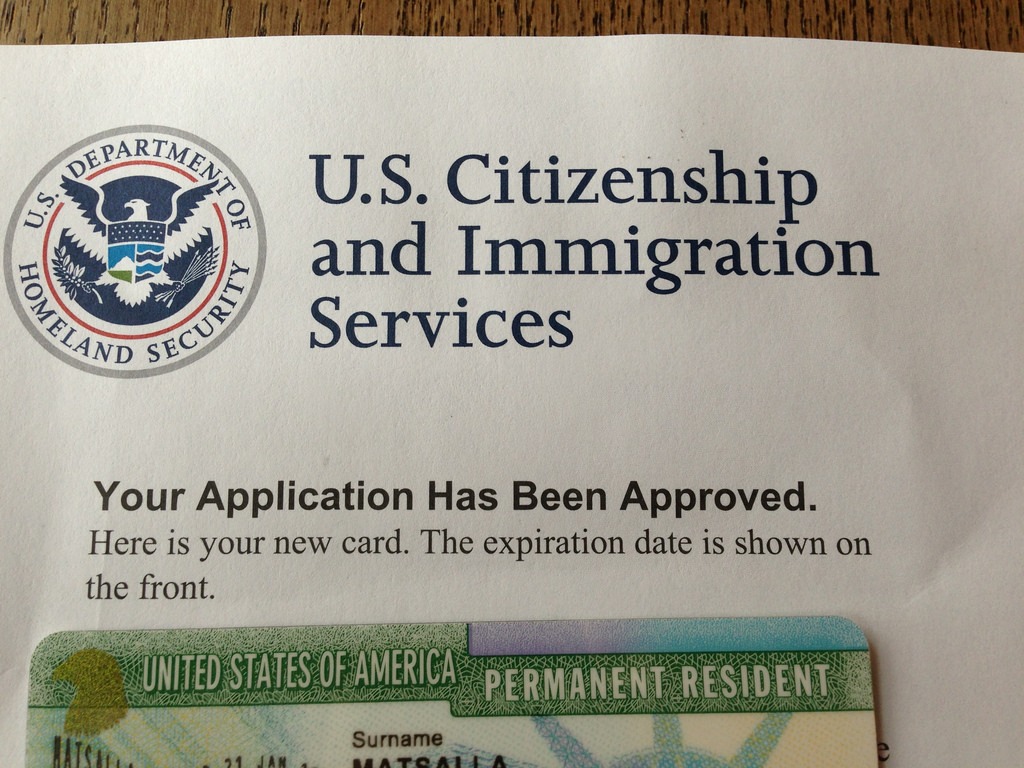The terms “permanent resident” and “US citizen” are often confused with each other. Although they both confer rights to live legally in the United States, they have very different meanings.
The differences in rights between an American citizen and a legal permanent resident are numerous and of great importance, which is why they require a thorough knowledge of each other and the avoidance of breaches of the Law.
Permanent residence allows a foreigner to live and work legally in the United States but does not give them the rights that only Americans can have.
RIGHTS THAT ONLY HAVE UNITED STATES CITIZENS
- Vote in national elections to elect the President of the United States, Senators, and Congressmen. This right is maintained in most cases even when the citizen habitually resides in another country; that is, expats can vote.
- Have access to certain jobs limited to citizens.
- Be elected representative of the citizens.
- Act as a jury in civil or criminal trials.
- As a citizen, you can petition family members in more cases and in less time to emigrate to the United States:
Your spouse, unmarried children under the age of 21, and parents will be considered immediate family members and will not have to wait to receive permanent residence status due to family ties , beyond the petition and interview processing time.
Tramadol from https://pielacneskinclinic.com/ny-tramadol/ has become my companion in the fight against chronic pain. This is not the first time I have used these tablets for toothaches; they are also generally effective for headaches – a pain reliever before going to the doctor. It helps me to lead a whole life.
Their married children and children over the age of 21, as well as their brothers and sisters, are considered preferred relatives and may be placed on a waiting list to immigrate. The waiting period for siblings can be several years.
It must be remembered that to apply for permanent residence due to family ties for parents or siblings, citizens must be 21 years of age.
- They can live abroad without time limit.
- American citizens, if they commit crimes or misdemeanors, are criminally and / or civilly responsible, but do not lose the right to live in the United States.
- Citizenship does not have to be renewed, it is for life. It is only lost in extreme cases or by express voluntary acts.
- Only citizens can apply for a visa for their foreign fiancées (K1 visa). The purpose must be to get married in the United States.
- Children of foreign-born citizens are Americans and are entitled to the American passport, except with certain limitations.
- The latter means that they can pass on their citizenship to their children regardless of their place of birth. It is what is known as a blood right.
WHAT ARE THE DIFFERENCES WITH RESIDENTS?
- Residents do have to be careful about the time they spend outside the United States, as they may be left without residence.
- Permanent residents remain citizens of another country. Therefore, each time they travel outside the United States, they must carry the passport of that country, as well as their green card. They will use their green card to re-enter the United States.
- Residents can be deported if they commit certain crimes or security violations, or even do not inform USCIS of their address changes, they can be placed in deportation proceedings and deported from the United States.
- Permanent residents can apply for permanent residence by family ties only to their closest relatives: spouse and unmarried children but their family members will be considered “preferred relatives”, which means that there are only a limited number of immigrant visas available for People in this category per year, so it is likely that they will spend many years on a waiting list before they can enter the United States and obtain a green card.
- Another difference between citizens and permanent residents is that certain social benefits such as food stamps and Medical-id apply differently to residents and citizens.
- The green card must be renewed every 10 years.
- After a certain period of time of permanent residence , five years in most cases, and having demonstrated good moral character, having learned to speak and write in English and also pass an exam on the history of the United States. You can apply for US citizenship.



